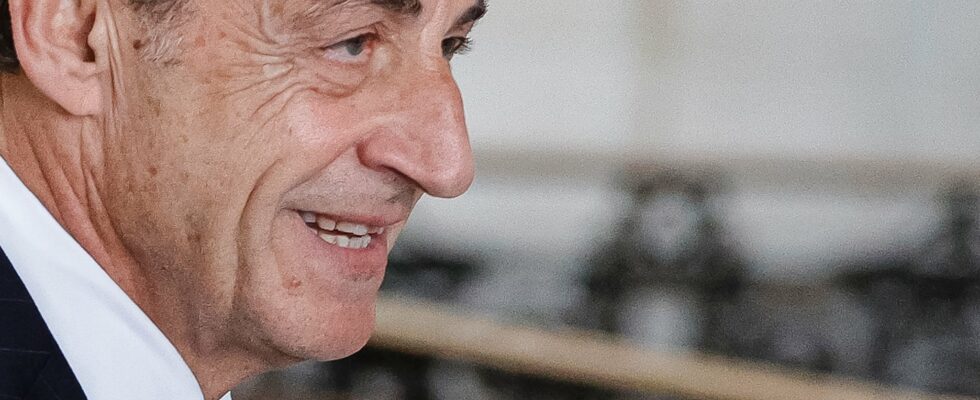Let him who has never lost raise his finger, and above all cross them – defeat is coming soon. Take Emmanuel Macron, unique case, journey without injury, until a dissolution that resembles suicide. In politics, we always start or end up losing, and it is therefore an art in itself, which journalists Elizabeth Martichoux and Catherine Mangin decipher in a book published by Stock: The art of losing in politics.
These are the affairs of the State, could it also be a sport, which can only be the sum of victories and failures? The champion of defeat is Nicolas Sarkozy, who has become the best loser in France, not quite the role he thought he would one day experience but who knew how to deal with it. “I am defeated, people look at Sarkozy, my person. Whereas in 2007 they looked at the elected president, the Sun King. In failure, people really look at you, while in success, they look at the light, the star (…) It is much more difficult to lose like a lord than to win like a king.”
There are those who have silent defeat, Jacques Chirac is the model, who met Christian Jacob in the wake of his defeat in the 1988 presidential election and behaved as if nothing had happened. “He tells me that he has just stopped smoking – he makes me believe that his wife and daughters didn’t even realize it,” recalls the former minister.
Some experience violent defeat, they did not believe it possible given the extent of their qualities, so they make an effort to self-deprecate. And Jean-François Copé needs it, for whom “taking Everest on the face hurts less than my defeat in the legislative elections”. After another humiliation, that of the right-wing primary, he received a visit from Valérie Pécresse (her turn in the debacle would come) who, in a hurry like a candidate for the Elysée, cut short a speech in which she complimented him. Copé: “You can’t say good things about me, I can’t say good things about me either. It requires a terrible effort.”
“If I had been a man…”
History keeps a dog from its female dog: they are the bad losers: Valéry Giscard d’Estaing is the incarnation, “fallen from the idea he had of himself” according to the formula of Jean-Pierre Raffarin; Lionel Jospin is another, who retired on April 21, 2002, in a gesture which was intended to be a sign of a certain greatness of soul and which some interpret only as abandonment in the open countryside.
No, you might as well act like losing doesn’t exist. François Bayrou has the honesty to recognize this: “Do we ask a painter to stop painting? We are not there to have fun, we are there because we cannot live otherwise.” Ségolène Royal, for her part, cultivates the art of telling a story. In the 2007 presidential election, he missed two million votes, which is not nothing, but no matter: “It’s not a failure, I overcame everything, I’m in the second round, I I’m radiant, I’m in good shape, known to the whole world.” She adds: “If I had been a man, it was me who would have been elected against Nicolas Sarkozy.” Let us agree on the difficulty of verifying such an assertion…
François Hollande has less nerve, so he invents defeat through avoidance, telling a loved one a “we are going towards a non-candidacy” which will delight psychoanalysts for a long time: “the dead man’s place”, without ceremony, thank you.
The way others see it is one thing (and that’s no small thing for political leaders), but the intimate truth is another. The socialist Laurence Rossignol brushes aside the discourse on “initiation rite” failure, feeling no “benefit”, only “suffering”. Bruno Le Maire, who describes his children seeing “their father like a rag, wandering in the kitchen wondering what he is going to do”, prefers to find refuge with Samuel Beckett: “Try, fail, try again, fail better.” A flame so black.
The art of losing in politicsby Elizabeth MArtichoux and Catherine Mangin (Stock), 300 pages, 20.90 euros
.
